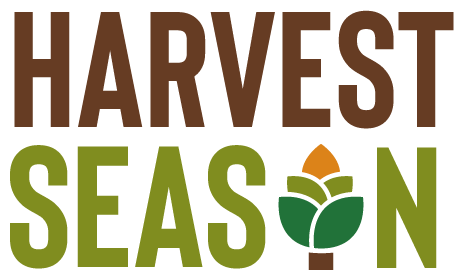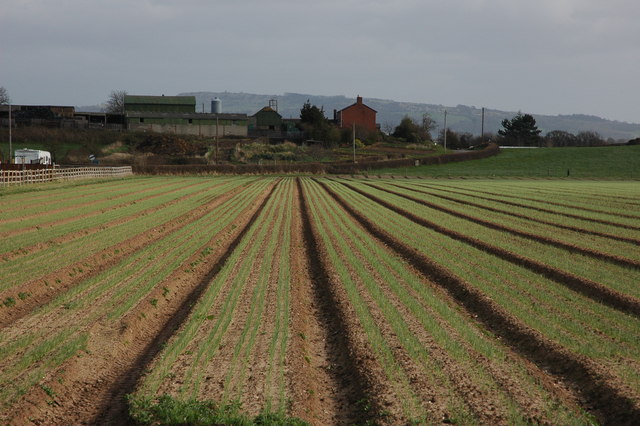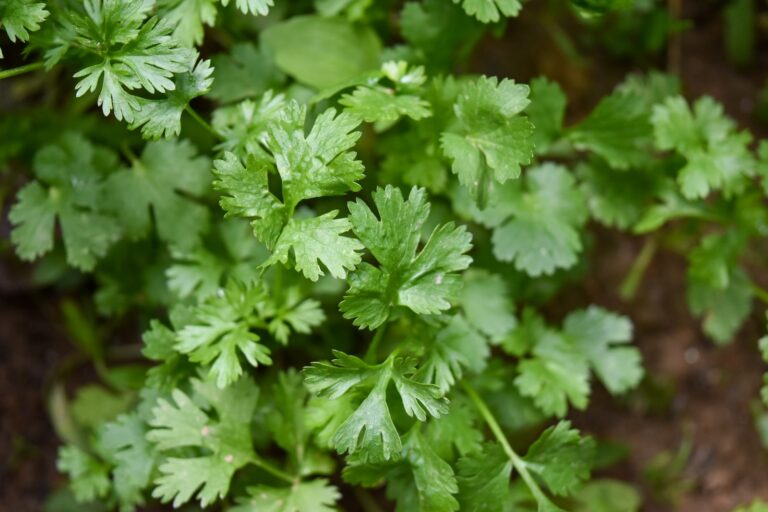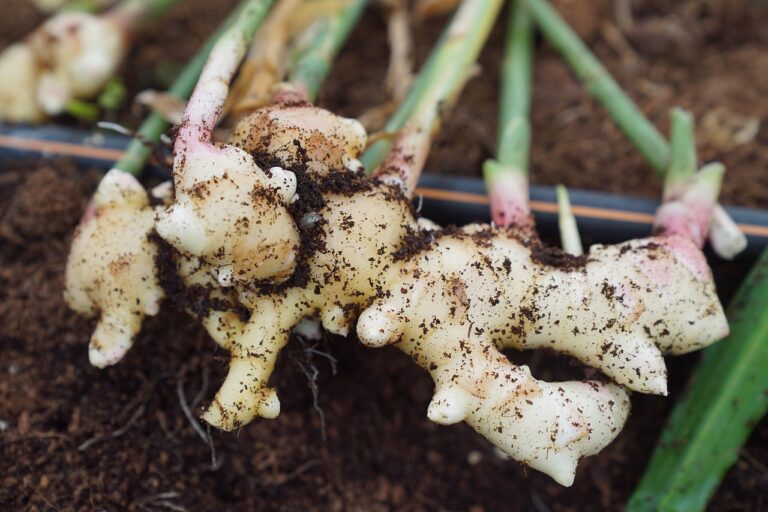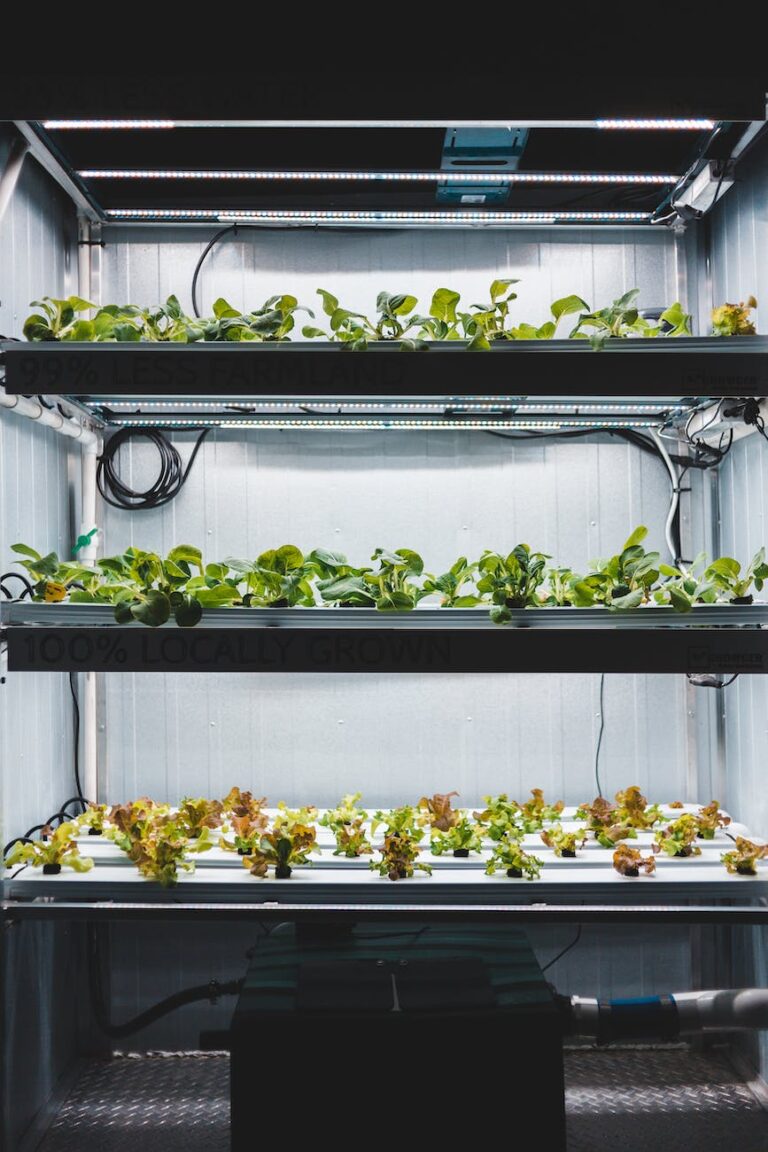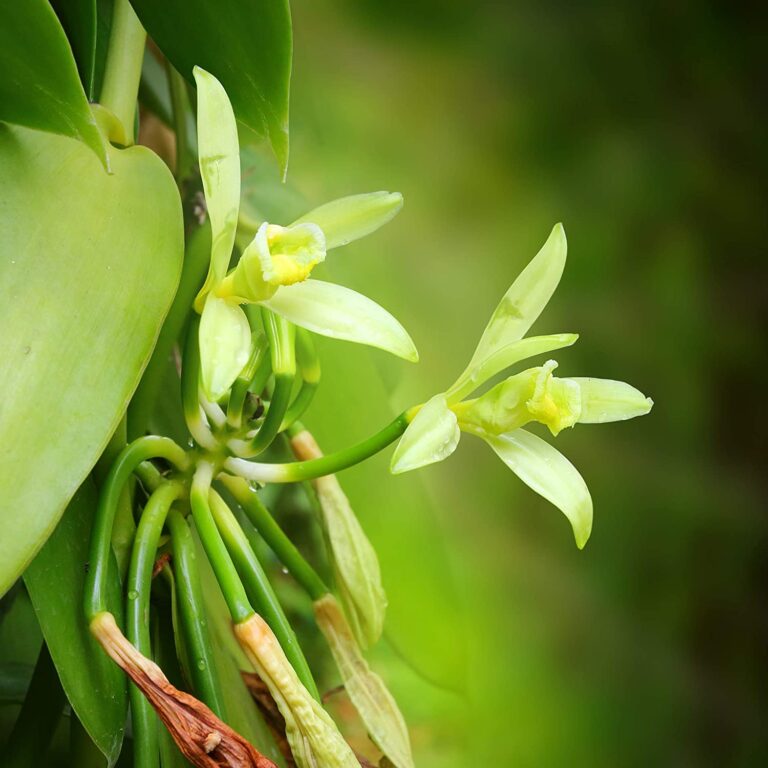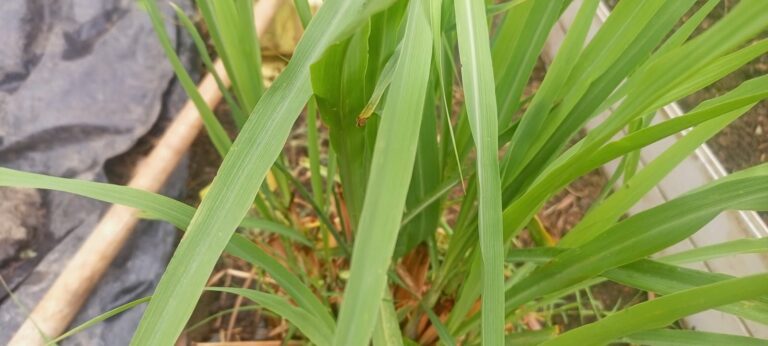What are the best practices for soil preparation for onion farming in Kenya?
As an onion farmer in Kenya, one of the most important things you can do for your crop is to properly prepare the soil. This means ensuring that the soil has the right pH level, nutrient content, and structure to support healthy onion growth. In this article, I’ll be sharing some best practices for soil preparation for onion farming in Kenya.
1: Test the Soil’s pH Level
The first step in preparing the soil for onion farming is to test the pH level. Onions prefer slightly acidic soil, with a pH level between 6.0 and 6.8. If the pH level is too high or too low, it can negatively impact the growth and yield of your onions.
To test the pH level of your soil, you can use a pH meter or a pH test kit. These can be purchased at most gardening or farming supply stores. Once you have the pH level of your soil, you can make adjustments as needed. If the pH level is too high, you can add sulfur to lower it. If the pH level is too low, you can add lime to raise it.
2: Add Nutrients to the Soil
Another important step in preparing the soil for onion farming is to add the necessary nutrients. Onions require a well-balanced soil with a good amount of nitrogen, phosphorus, and potassium. If the soil is lacking in any of these nutrients, it can negatively impact the growth and yield of your onions.
One way to add nutrients to the soil is to use fertilizer. There are many types of fertilizers available, including chemical fertilizers and organic fertilizers. Chemical fertilizers are generally more affordable and can be applied in larger quantities, but they can also have negative effects on the environment. Organic fertilizers are generally more expensive, but they are more environmentally friendly and can improve the overall health of the soil.
Another way to add nutrients to the soil is to use compost. Compost is made by breaking down organic matter, such as leaves, grass clippings, and kitchen scraps. This process creates a nutrient-rich soil amendment that can be added to the soil to improve its fertility.
3: Improve Soil Structure
The structure of the soil can also play a big role in the success of your onion crop. Onions prefer well-draining soil that is loose and easy to work with. If the soil is too dense or compacted, it can negatively impact the growth and yield of your onions.
One way to improve the structure of the soil is to add organic matter, such as compost or rotted manure. This can help to break up compacted soil and improve drainage. Another way to improve the structure of the soil is to till it regularly. Tilling can help to break up clumps of soil and create a more uniform structure.
4: Select the Right Variety of Onions
The variety of onions you choose to grow can also play a big role in the success of your crop. There are many different varieties of onions available, each with its own unique set of characteristics. Some varieties are better suited to certain climates or soil types than others.
For example, “Red Creole” is a variety of onion that is well-suited to the Kenyan climate. It is a long-day onion, which means it requires long days of sunlight to bulb up. It is also resistant to many common diseases and pests.
5: Rotate Your Crops
Another important aspect of soil preparation for onion farming in Kenya is crop rotation. This means rotating the location of your onion crop each year in order to prevent the build-up of pests and diseases in the soil.
For example, if you planted onions in one field last year, you should plant a different crop in that field this year, such as maize or beans. This will help to break the pest and disease cycles and keep your soil healthy. Additionally, different crops have different nutrient needs and can help to improve soil fertility.
In conclusion, proper soil preparation is essential for successful onion farming in Kenya. By testing the pH level, adding necessary nutrients, improving soil structure, selecting the right variety of onions, and practicing crop rotation, you can ensure that your soil is in the best possible condition to support healthy onion growth. Remember to always consult with a local agronomists for the best practices and recommendations for your specific region. With the right soil preparation, you can look forward to a bountiful harvest of onions.
